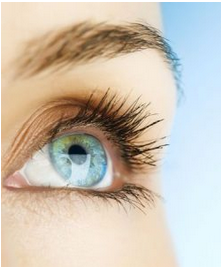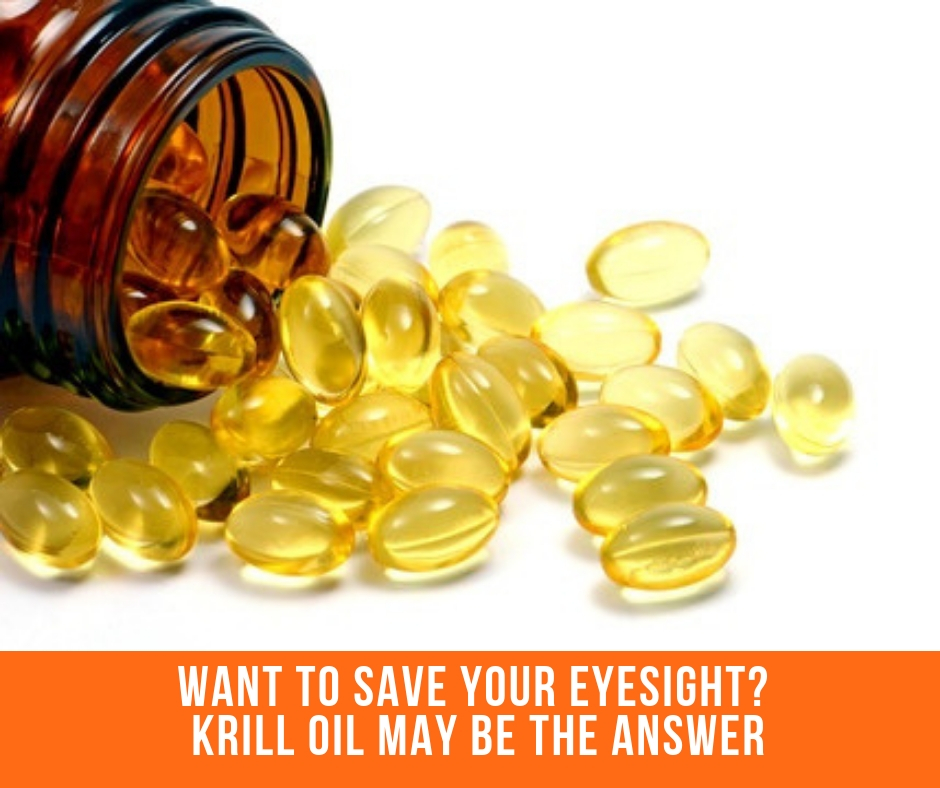Our eyes are important to our overall health and wellbeing and getting enough vitamins and minerals is a key aspect of that. Certain vitamins can contribute to good eye health by providing the eyes in particular with the nutrients needed to ensure they are functioning optimally. By staying away from unhealthy foods it’s possible to maintain a healthy weight and even reduce your chances of experiencing vision loss conditions such as glaucoma or diabetic eye disease.
Creating good visual health means adding nutrient rich foods into your diet on a daily basis. Some of these vitamins include…
Lutein and Zeaxanthin. These are carotenoids and antioxidants that have consistent evidence to show that they can reduce the chances of developing chronic eye diseases and this is because they filter out any high-energy blue wavelengths of light so as to protect the eyes. As the human body doesn’t make these nutrients by itself, it’s therefore imperative that we choose to fuel our body with the right nutrients to maintain healthy levels of these vitamins. Foods that are rich sources of lutein and zeaxanthin include green leafy vegetables like broccoli, collard greens, green peas, kale, spinach, etc.
Vitamin A contains Beta-carotene and this converts into retinol, a form of Vitamin A. This is vital for having a strong immune system, along with healthy skin, good eye health, mucous membrane and strong eye vision. Some of the best food sources for beta-carotene include carrots, spinach, peppers, broccoli, black-eyed peas and canteloupe – all of which can promote better vision, according to the National Institutes of Health.
Vitamin C is responsible for healthy blood vessels within the eye, along with promoting healthy gums, teeth and cartilage. One major clinical trial known as the Age Related Eye Disease Study (AREDS) found that when people took 500mg of Vitamin C and a combination of Beta-Carotene, Copper, Vitamin E and Zinc found that those who were living with macular degeneration were more likely to experience less progression or deterioriation of the macula. Certain types of food in particular fruits and vegetables are higher in levels of these nutrients than others and this includes Broccoli, Kale, Peppers, Pineapple and Strawberries amongst others.
Vitamin E is a nutrient that can protect the cells from damage caused by compounds known as free radicals. This can result from the food converting to energy in the body. The Vitamin E can also strengthen the immune system, prevent blood from clotting and also contribute towards healthy eyes. Vision problems are often experienced by people who aren’t getting enough Vitamin E and The American Optometric Association have also reported at least several studies showing that Vitamin E can reduce the inclination of or chance of developing cataracts along with age-related macular degeneration. Foods that are rich in Vitamin E include asparagus, spinach and sunflower seeds.
Recommended Examples
Active Life™ Capsules is the suggested vitamin formula available from Good Health Naturally. It contains 5000iU of Vitamin A, 500g of Vitamin C, along with 400IU of Vitamin E. It also contains 20mg of Lutein (from the Marigold flower – ZanMax® )and 4mg of Zeaxanthin (from the Marigold flower ZanMax®). Active Life can help to support a healthy immune system, along with providing balance to a healthy diet and nutritional program.
is the suggested vitamin formula available from Good Health Naturally. It contains 5000iU of Vitamin A, 500g of Vitamin C, along with 400IU of Vitamin E. It also contains 20mg of Lutein (from the Marigold flower – ZanMax® )and 4mg of Zeaxanthin (from the Marigold flower ZanMax®). Active Life can help to support a healthy immune system, along with providing balance to a healthy diet and nutritional program.

MaxiFocus™ – This is a 24 nutrient sublingual formula available from Good Health Naturally. It contains 5000IU of Vitamin A and 30IU of Vitamin E. This formula supports good eye health, along with a healthy brain and body. It also contains 10mg of Lutein extract and 2.5mg of Zeaxanthin.

Naturally Better Vitamin E is available from Good Health Naturally. It contains 8.06IU along with 20mg of Total-Mixed Tocotrienols – 20mg per serving. It’s recommended to take 1 capsule, twice daily for results.





